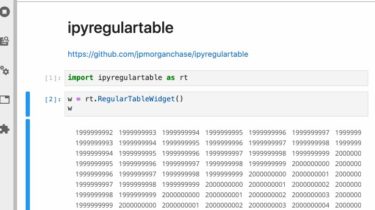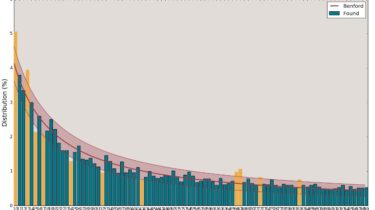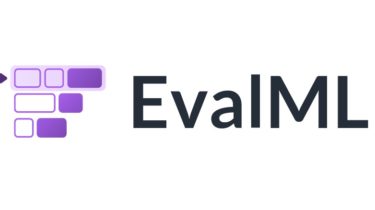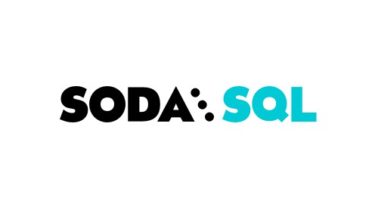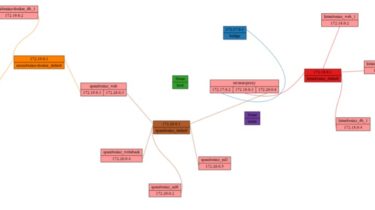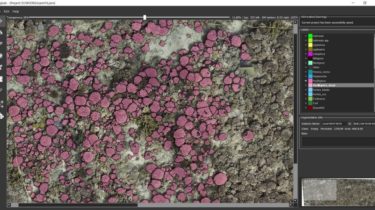An ipywidgets wrapper of regular-table for Jupyter
ipyregulartable An ipywidgets wrapper of regular-table for Jupyter. Examples Two Billion Rows Notebook Click Events Notebook Edit Events Notebook Styling Notebook Pandas Data Model For interactive/streaming sorting/pivoting/aggregation, take a look at Perspective, Streaming pivot visualization via WebAssembly, which also leverages regular-table. Notebook Series DataFrame DataFrame – Row Pivots DataFrame – Column Pivots DataFrame – Pivot Table Installation You can install using pip: pip install ipyregulartable Or if you use jupyterlab: pip install ipyregulartable jupyter labextension install @jupyter-widgets/jupyterlab-manager
Read more